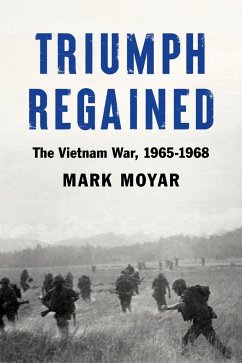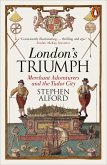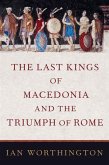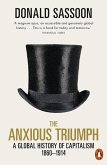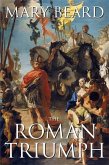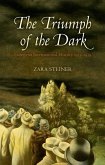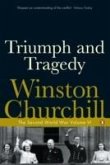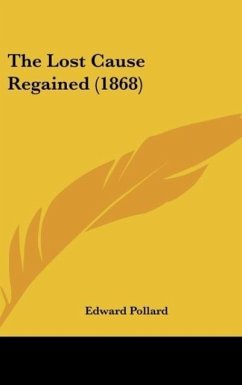"Triumph Regained: The Vietnam War, 1965-1968 is the sequel to the immensely influential and controversial Triumph Forsaken: The Vietnam War, 1954-1965. Like its predecessor, this book overturns the conventional wisdom using a treasure trove of new sources, many of them from the North Vietnamese side. Rejecting the standard depiction of U.S. military intervention as a hopeless folly, it shows America's war to have been a strategic necessity that could have ended victoriously had President Lyndon Johnson heeded the advice of his generals. In light of Johnson's refusal to use American ground forces beyond South Vietnam, General William Westmoreland employed the best military strategy available. Once the White House loosened the restraints on Operation Rolling Thunder, American bombing inflicted far greater damage on the North Vietnamese supply system than has been previously understood, and it came close to starving North Vietnam into submission. American military operations enabled the South Vietnamese government to recover from the massive instability that followed the assassination of President Ngo Dinh Diem, while American culture sustained public support for the war through the end of 1968, giving South Vietnam realistic hopes for long-term survival. America's defense of South Vietnam averted the imminent fall of key Asian nations to Communism and sowed strife inside the Communist camp, to the long-term detriment of America's great-power rivals, China and the Soviet Union"--
